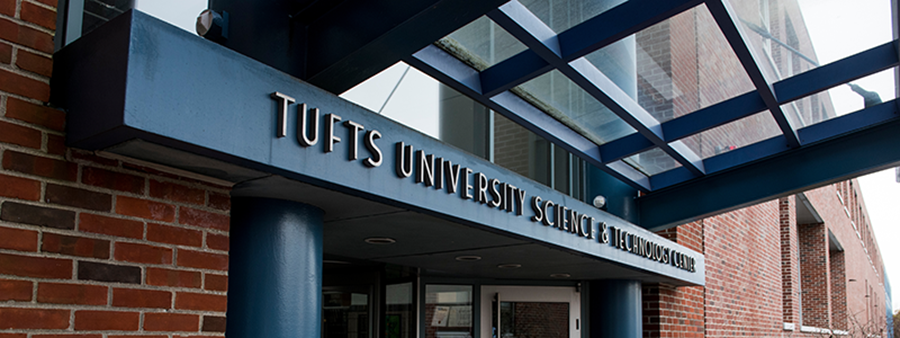About

Leading education and research in biomedical engineering to improve human health
Biomedical engineering is a discipline of growing importance in society and is a vital and growing part not only of the Boston area but also of the whole US territory infrastructure – industry, academics, and hospitals. The field of biomedical engineering has been growing rapidly in the past few years. This expansion is due to many factors, including
- scientific and technological advances in molecular and cell biology, materials science and the engineering disciplines;
- the increasing recognition of the role of interdisciplinary strategies to solve complex biomedical problems;
- the aging of the population leading to increasing healthcare needs and the associated demands and costs.
The Biomedical Engineering Department at Tufts University reflects these themes and offers comprehensive education and research opportunities to students, faculty and industry interested in pursuit of this topic.
Established at Tufts University in September 2002, the Biomedical Engineering Department is located in the Science and Technology Center (4 Colby Street, Medford, MA), a state-of-the-art research and teaching facility, which also houses the cutting-edge interdisciplinary research activities of the Tissue Engineering Resource Center.
Programs overview
The Department offers undergraduate programs (Bachelor of Science in biomedical engineering, second major in biomedical engineering, second major in biomedical sciences, minor in biomedical engineering), and graduate programs (Master of Science and Doctor of Philosophy in biomedical engineering, Master of Science in bioengineering (biomaterials), Master of Science in biophotonics, and certificates in bioengineering, biophotonics, and cellular agriculture) within the framework of cutting edge research programs lead by its faculty members.
Collaboration
The Department actively coordinates and interfaces with other Departments, Schools and Programs at the University to facilitate biomedical engineering programs and opportunities in areas such as biomedical instrumentation, bioengineering, biotechnology, biomaterials, drug delivery, and systems biology. The biomedical engineering program draws from core disciplines such as engineering, biology, computer science, physics, chemistry, and physiology emphasizing an interdisciplinary approach to research and education. In fact, strong emphasis is placed on education at the interface of multiple disciplines, and interactions with faculty in Arts and Sciences and the professional schools (including Veterinary Medicine, Medical School, Dental School, Nutrition School) is fostered to promote collaborations and cultural exchange.